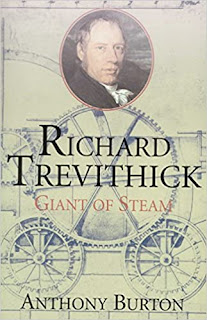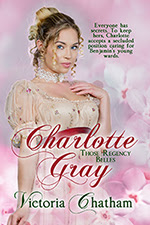Most authors, of course, have personal eccentric writing practices. Fueled, no doubt by his or her personal muse.
Agatha Christie munched on apples in the bathtub while pondering murder plots,
Flannery O’Connor crunched vanilla wafers.
Vladimir Nabokov fueled his “prefatory glow” with molasses.
Then there was the color-coding of the muses: Alexandre Dumas, for decades, he penned all of his fiction on a particular shade of blue paper, his poetry on yellow, and his articles on pink; on one occasion, while traveling in Europe, he ran out of his precious blue paper and was forced to write on a cream-colored pad, which he was convinced made his fiction suffer.
Charles Dickens was partial to blue ink, but not for superstitious reasons — because it dried faster than other colors, it allowed him to pen his fiction and letters without the drudgery of blotting.
Virginia Woolf used different-colored inks in her pens — greens, blues, and purples. Purple was her favorite, reserved for letters (including her love letters to Vita Sackville-West, diary entries, and manuscript drafts.
Lewis Carroll also preferred purple ink, but for much more pragmatic reasons: During his years teaching mathematics at Oxford, teachers were expected to use purple ink to correct students’ work — a habit that carried over to Carroll’s fiction.
So how do my little eccentric (or never before mentioned) writing practices measure up? Is my personal muse quirky, dull, or out of control?
Since my quirks are normal for me, I had to think about this for a bit.
• I always drink coffee that is part of my current ‘setting’. When my setting is New Orleans I mail-order my coffee from my favorite spot. If I'm writing a story where the season is more than a backdrop, like my current novel, I drink flavored coffee. At the moment, it is Pumpkin Spice (Starbucks limited blend). 🎃
Café du Monde. I have my cup and saucer, and a portable mug when I am writing outdoors. I have a blue coffee pot and matching tin cup when I am writing westerns (yes, the coffee is VERY strong and black). And of course, a Starbuck cup, Disneyland/ Club 33 mug, or Snoopy (Peanuts) mug when my novels take place in SoCal.
• My music and my menu planning also is linked to my settings. All within the range of normal. Though I have more than my fair share of coffee mugs and cups.
• I listen to diction videos on YouTube so that I am not relying on my memory for the sound of a Cajun accent, Texan’s drawl, etc.
• I visit areas on Google Earth and Zillow. Even if I have lived or vacationed there, I may have forgotten an interesting ‘something’ I can insert into dialogue, or find a way to describe a scene.
• I talk to myself. Oh, not simple little sentences. I’m talking about a two-way conversation: “Do you think that might work?” “No. Would you do that?”
“How about. . .” This is about the time my husband walks by to find out who’s on the phone, or if I’m asking him a question. The dog even pokes her head in from the doorway to see what’s going on. I’m guessing this is not in the ‘normal range.
• When I write, my workspace is in perfect order. I have colored folders/pens/notebooks that match and are exclusive to the story I’m working on at the moment.
• I never enroll in an online class when I’m writing—it’s guaranteed writers’ block. I never talk about my WIP . Why? If I talk about it I think I've added that 'tidbit' to my story. Then I find myself reading through my draft over and over wondering where the scene went!
• If I'm writing a contemporary story, I only read historicals or fantasy novels. I never read in the same genre I'm writing
💖Whatever story I’m am currently working on is always my favorite.
• I survive on 3 hours of sleep when I am deep in a story. I know I drink coffee, but I seem to run the story in my mind when I sleep too.
• I also pick up the quirks of my heroines. I have several friends who are in theater and said it’s a bit like ‘method acting’.
Fortunately, I’m back to my state of normal a couple of weeks after typing THE END.
I believe all of these little quirks are part of a writer’s voice. It is what we, as readers, look for in a story.
Hopefully, it is what my readers, enjoy about the novels, short stories, and novellas that I write too.
To include a bit of personal history: Anton Lada was my granduncle. (My personal blog, Dishin' It Out, features him in my "Random Thoughts, Scattered About" Monday.
Arkansas Blues by Anton Lada & Spencer Williams for your listening pleasure 🎵🎹🎤
Happy Reading!
Connie
My Places:
.instagram.com/connievines_author/?hl=en
https://bookswelove.net/vines-connie/
Shop Here:
 |
| Rodeo Romance Series and Sassy and Fun Fantasy Series by Connie Vines |







































